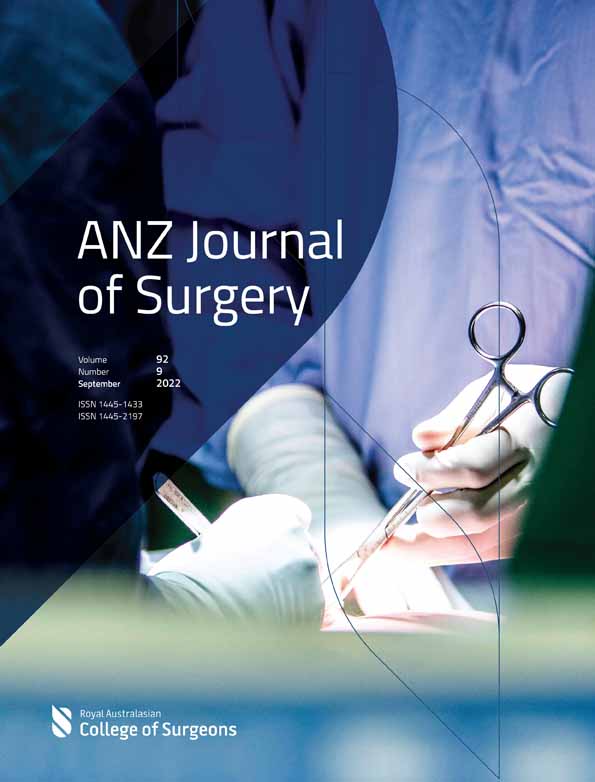Towards a complete cycle of care: a multidisciplinary pathway to improve outcomes in complex abdominal wall hernia repair
Abstract
Introduction
The burden of complex abdominal wall hernia (CAWH) is increasing, with associated high morbidity and healthcare costs. This study evaluates current evidenoptce regarding multidisciplinary care for CAWH patients to improve patient outcomes.
Methods
A systematic review of Scopus, MEDLINE, Embase, PubMed, Web of Knowledge and Cochrane Library was conducted to identify proposed or established multidisciplinary team (MDT) pathways, necessary MDT constituents, and to evaluate patient outcomes. The pre-optimization pathways were then compared with a recent Delphi consensus statement.
Results
Seven articles matched the relevant search criteria. Three were concept articles, without prospective data analysis. Four were case series that applied multidisciplinary care and included limited data analyses with outcomes reported up to 50 months. The consensus was that CAWH MDT requires multiple clinical specialties, including hernia, upper gastrointestinal, colorectal and/or plastic and reconstructive surgeons, along with allied health specialists, radiologists, anaesthetists/pain specialists and infectious diseases consultants. A successful MDT should aim to achieve pre-optimization and plan the definitive repair. These pre-optimization pathways were similar to the recent Delphi consensus by international hernia experts.
Using these data, we propose a CAWH multidisciplinary pathway model in an Australian tertiary hospital involving a stepwise approach with well-defined referral criteria, perioperative high-risk management with pre-optimization, surgical planning, postoperative care and follow-up protocols. This pathway incorporates prospective data collection in a Clinical Quality Registry (CQR) to validate its appropriateness.
Conclusions
CAWH MDT can provide comprehensive, patient-centred care with improved postoperative outcomes. CQR are important to better evaluate long-term outcomes and ensure rigorous quality control.
Conflict of interest
None declared.




